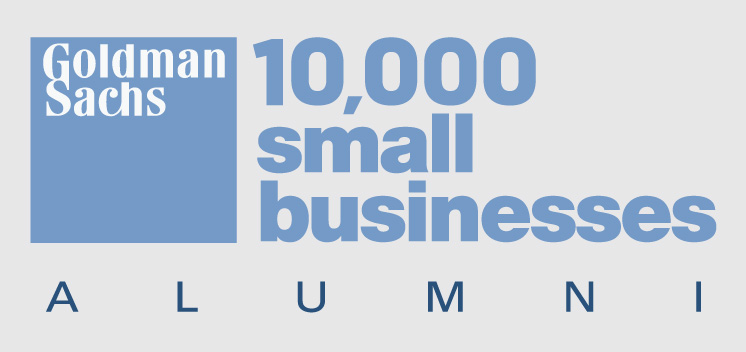New report reveals immigrants eye for business
12/05/2016

Professor Mark Hart
Immigrants are more likely to start their own business than people born and brought up in the UK, according to new figures.
The Global Entrepreneurship Monitor (GEM) UK Report analysed early-stage start-up activity as part of an in-depth study into entrepreneurial trends, attitudes and aspirations in 2015.
It found people who live in the UK but were born overseas have a significantly higher rate of Total Early-Stage Entrepreneurial Activity (TEA) than the life-long resident population. UK-born returning migrants also have a significantly higher rate of TEA than the life-long resident population.
The report, written by experts from Aston Business School in Birmingham and the University of Strathclyde’s Business School in Glasgow, reveals 15.4 per cent of immigrants were early-stage entrepreneurs in 2015, compared to 10.5 per cent of UK-born returning migrants.
By comparison, the figure for UK-born individuals who have migrated inside the UK was just over 6.1 per cent and only 5.3 per cent for UK-born individuals who had lived all their lives in the same region.
Professor Mark Hart, of Aston Business School, said: “It’s notable that immigrants, together with those who were born and live in the UK but who have lived abroad for some time, have a significantly higher TEA rate than people who have always lived here and this gap seems to have been wider in 2015 than in previous years.
“The wider experience and skills of many immigrants and returnee migrants may enable them to spot and exploit opportunities more readily.
“On the other hand, life-long residents of the UK may find it easier to obtain employment than immigrants.”
The GEM UK 2015 report compares entrepreneurial activity, attitudes and aspirations in the UK, Germany and the US.
Despite a small decline in 2015, the UK compares more favourably to Germany in terms of early-stage entrepreneurial activity but still lags behind that of the US.
The report also reveals that employees can play a leading role in developing and creating new business activities for their employers.
GEM measures this using the Entrepreneurial Employee Activity (EEA) rate. The EEA rate in the UK in 2015 was 6.4 per cent which was higher than that in Germany but on a par with the US. Unlike the TEA rate which fell over the year, the UK’s EEA rate in 2015 was virtually unchanged from 2014 (6.2%).
Professor Jonathan Levie, of the Hunter Centre for Entrepreneurship at Strathclyde Business School, said: “When taken together, the EEA and TEA rates provide a fuller picture of the extent of entrepreneurial activity being undertaken in a nation.
“The UK continues to have a relatively high rate of entrepreneurship among employees by international standards.
“This is good news because resources for new business activities are often easier to access within established businesses.”



